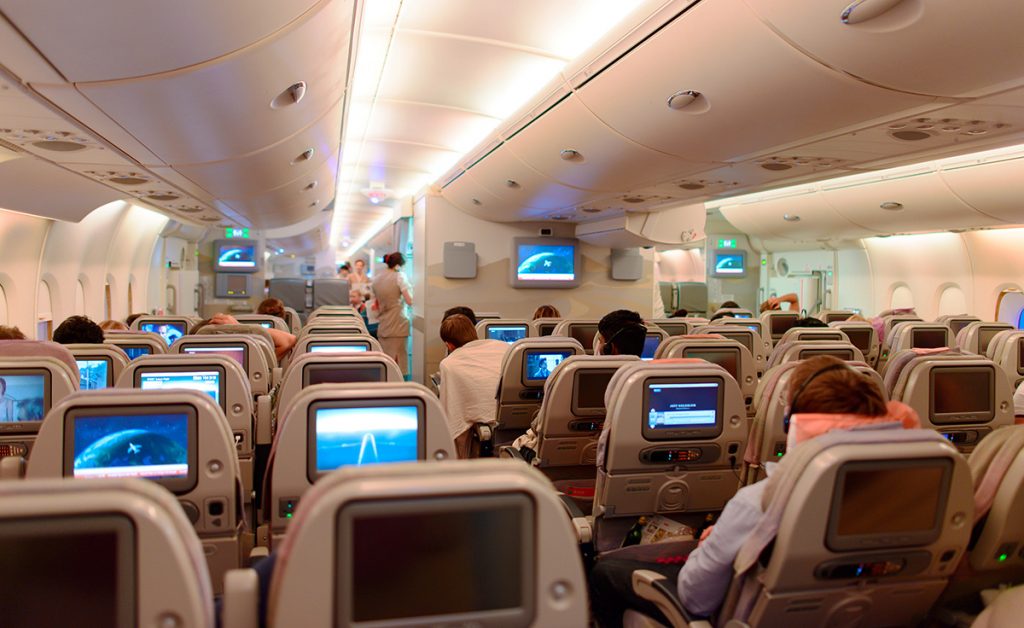Toronto Star covers Khan’s new WHO paper on H1N1 outbreak
 Dr. Kamran Khan, founder of BioDiaspora and an infectious disease physician and scientist at St. Michael’s Hospital, is among the experts studying the emergence of the H7N9 bird flu outbreak in China and the new coronavirus in the Middle East and Europe.
Dr. Kamran Khan, founder of BioDiaspora and an infectious disease physician and scientist at St. Michael’s Hospital, is among the experts studying the emergence of the H7N9 bird flu outbreak in China and the new coronavirus in the Middle East and Europe.
Global News National also covered this story on April 11, 2013. Watch Beatrice Politi and Carmen Chai‘s report, “Canadian scientists pioneer new formula in airport disease screening,” on the Global website.
The Toronto Star featured Khan’s research and BioDiaspora following the publication of his new paper in the Bulletin of the World Health Organization which assessed the impact of airport screenings in containing the 2009 H1N1 outbreak in Mexico.
Khan’s findings were covered in “Airport disease screening rarely worthwhile, Toronto study says,” by Helen Branswell.
Here’s an excerpt:
Study author Dr. Kamran Khan says airport screening generally is a poor use of resources. Khan’s research uses anonymous flight manifests to track global travel patterns as a tool to predict and interpret spread of diseases.
“In most situations, screening doesn’t make sense. In a handful of situation, it may be justifiable,” says Khan, an infectious diseases specialist at Toronto’s St. Michael’s Hospital.
“And if you are going to consider screening, doing it as people leave the source area is a much simpler and a much more efficient way of doing it than when people arrive.”
But Khan says deciding to do exit screening rather than arrival screening would pose some challenges, because most quarantine systems are set up to prevent infected people from entering a country and don’t have mechanisms in place to monitor outgoing passengers.
The Star‘s Foreign Desk blog also published Jennifer Yang‘s post, “As bird flu cases mount, a new tool for containing global outbreaks,” which
Here’s an excerpt:
The paper comes from a group of scientists led by Dr. Kamran Khan, an infectious disease physician at St. Michael’s Hospital and founder of BioDiaspora, a really interesting program that uses global flight patterns to predict the spread of new infectious diseases. (Khan spoke to the Toronto Star earlier this week about the likelihood of an H7N9-infected traveller from China coming to Canada — for now, the chances of that are pretty low).
When outbreaks hit, public health officials have to make difficult but necessary decisions to prevent a virus from spreading further. They might consider airport screening, for instance — but such measures should not be taken lightly, because they are hugely disruptive and require major resources.
So such actions need to have a strong scientific basis — and that’s where Khan’s paper comes in. Looking at the 2009 H1N1 pandemic, Khan and his co-authors analyzed flight itineraries for more than 580,000 at-risk travellers who flew out of Mexico in May 2009.
Both articles are available in full on the Toronto Star’s website (Branswell; Yang).
Posted by Elizabeth Monier-Williams, marketing and communications manager.

